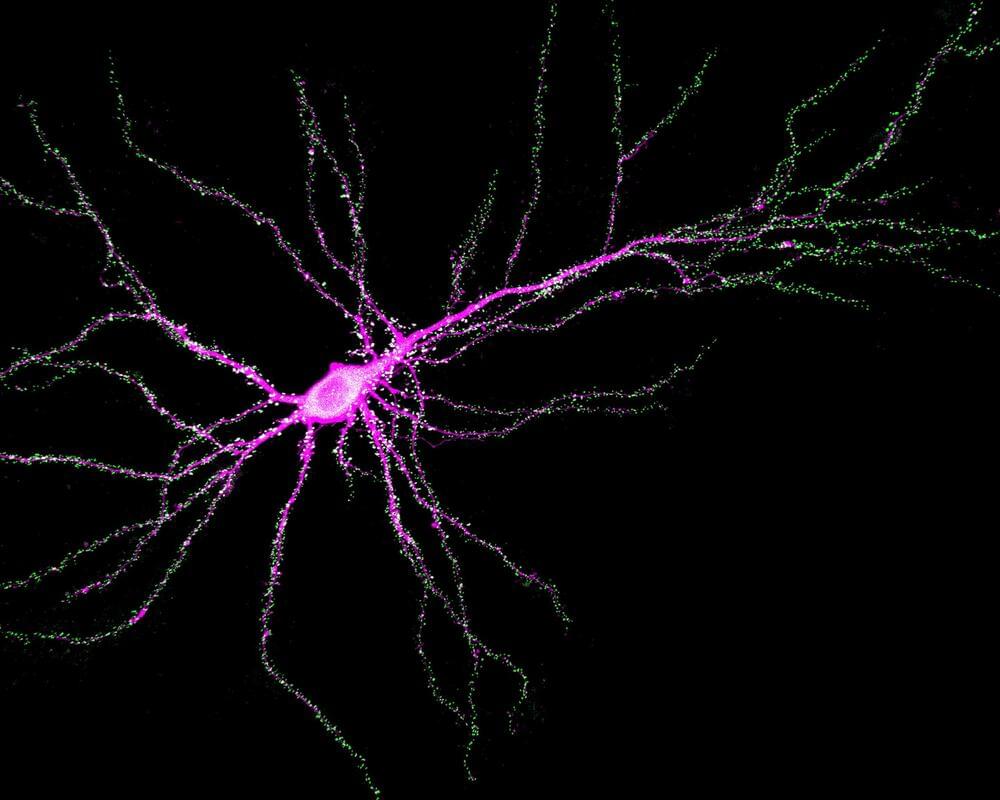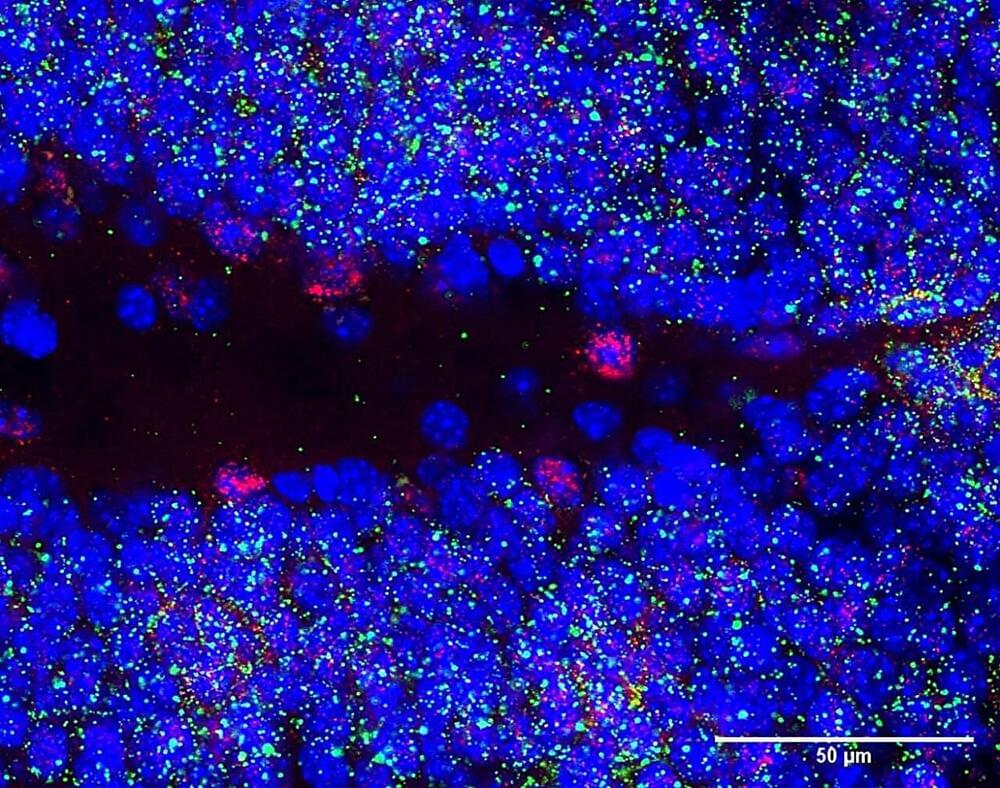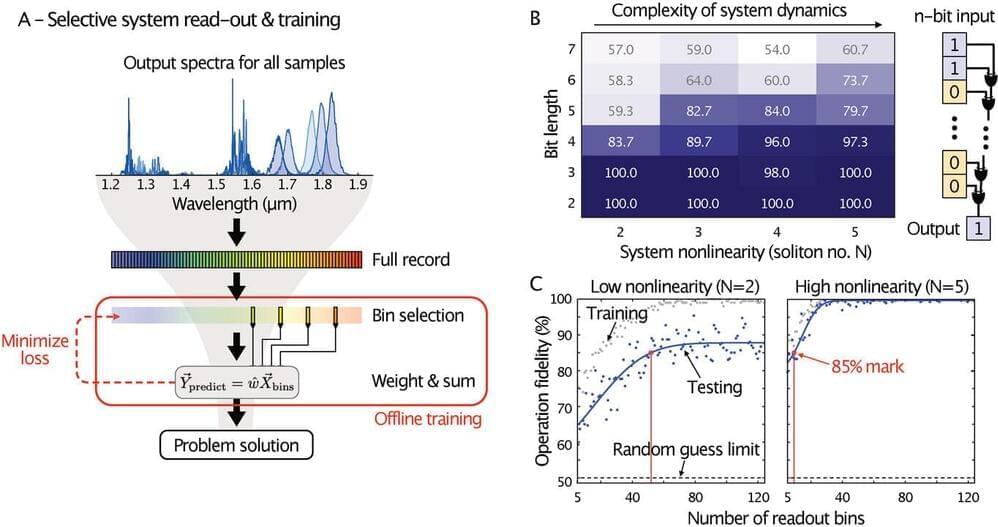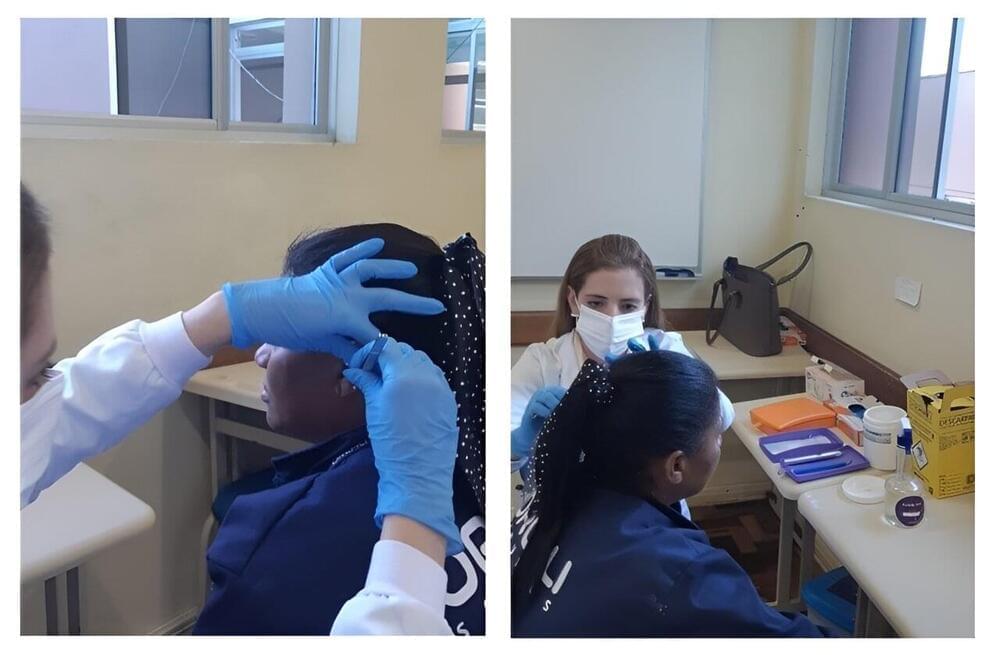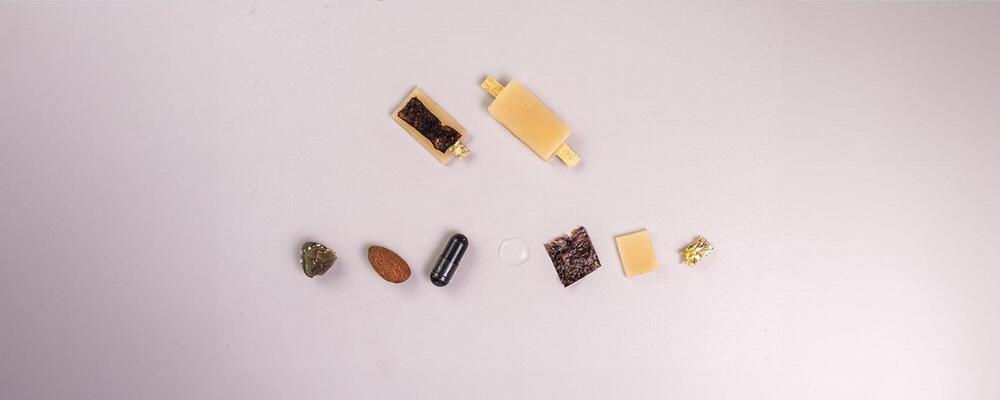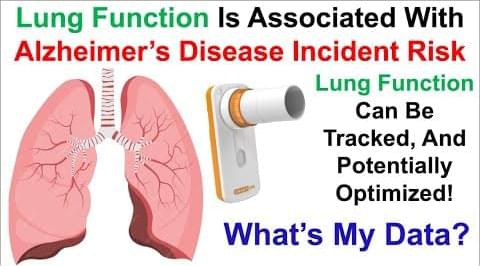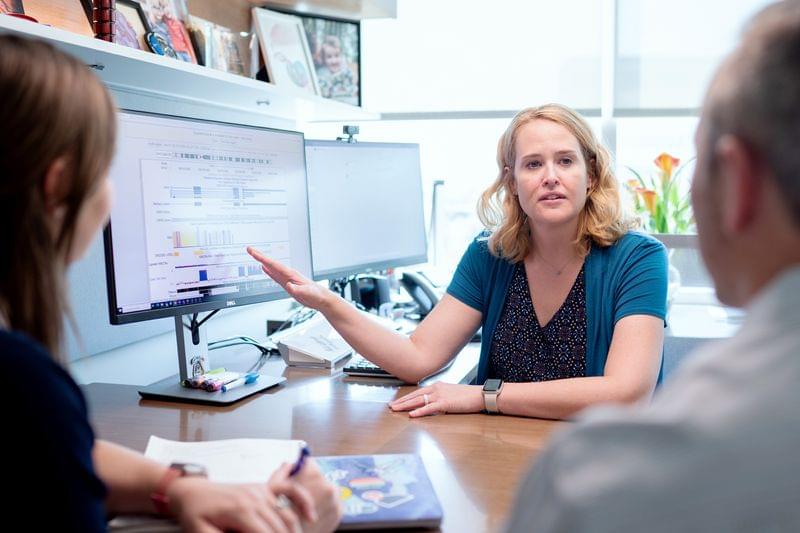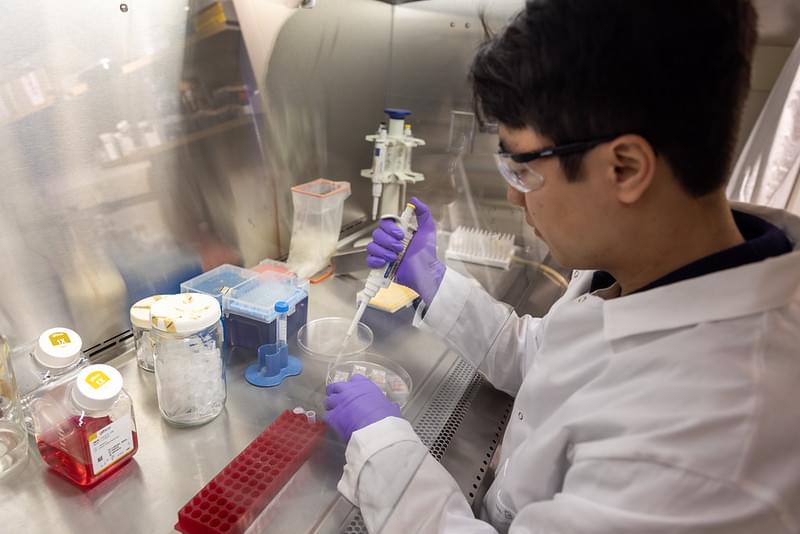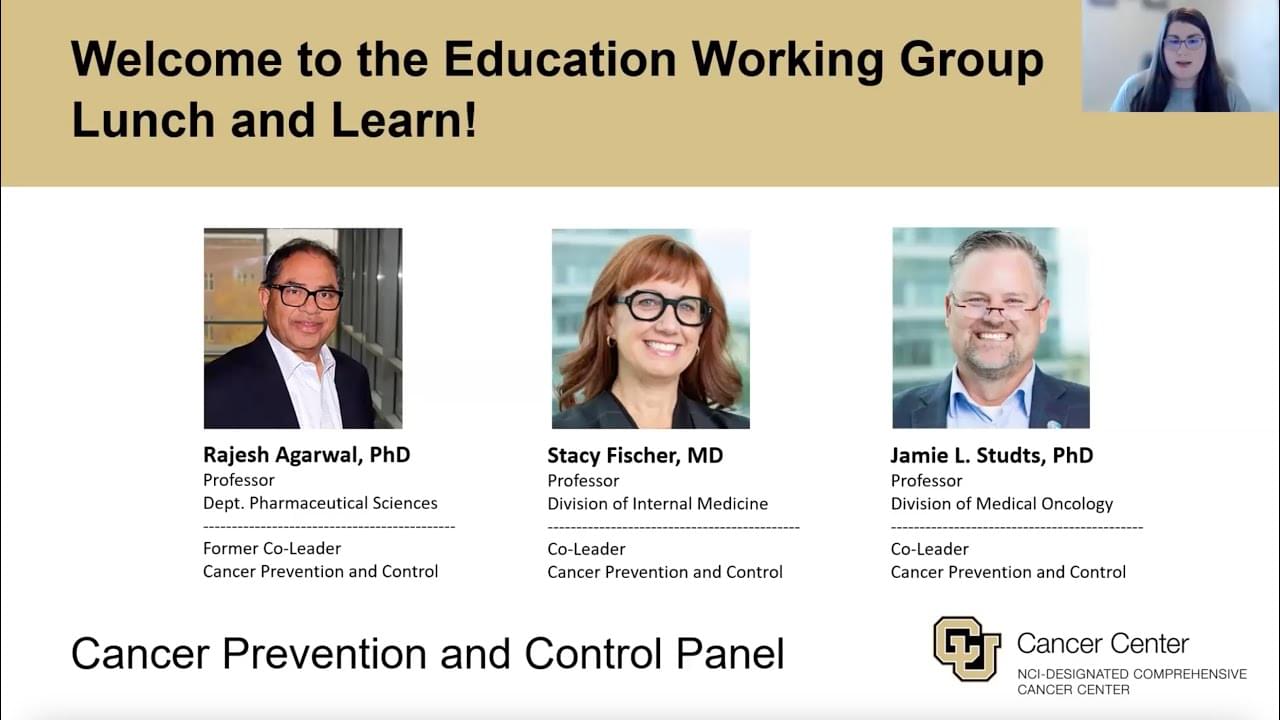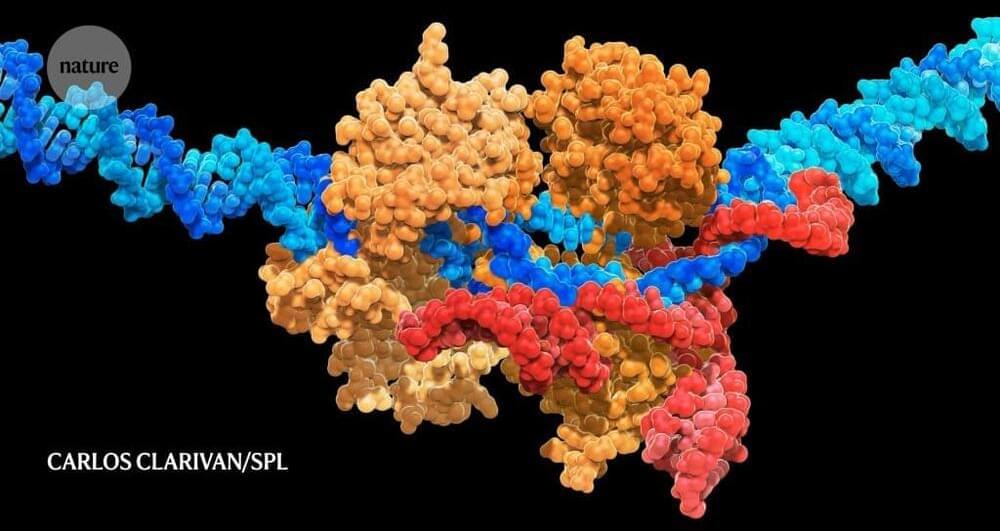Mar 3, 2024
Scientists identify new ‘regulatory’ function of learning and memory gene common to all mammalian brain cells
Posted by Dan Breeden in categories: biotech/medical, genetics, neuroscience
Johns Hopkins Medicine neuroscientists say they have found a new function for the SYNGAP1 gene, a DNA sequence that controls memory and learning in mammals, including mice and humans.
The finding, published in Science, may affect the development of therapies designed for children with SYNGAP1 mutations, who have a range of neurodevelopmental disorders marked by intellectual disability, autistic-like behaviors, and epilepsy.
In general, SYNGAP1, as well as other genes, control learning and memory by making proteins that regulate the strength of synapses—the connections between brain cells.
